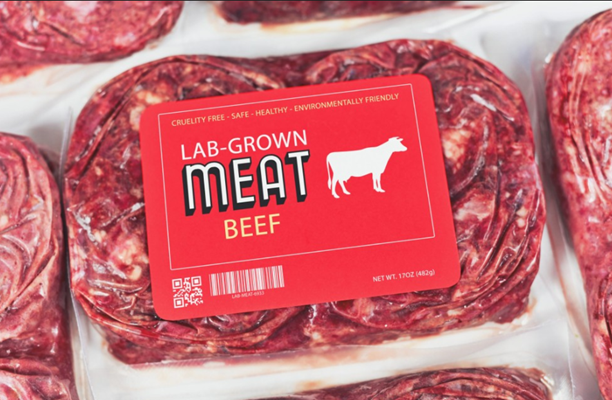Following years of marketing hype proclaiming that fake meats would transform the food industry and modern diets, sobriety has descended on the industry as manufacturers wrestle with declining sales, dissatisfied customers, and difficulties achieving profitability. As the remaining plant-based-meat players scramble to bolster sales and preserve a dwindling market share, meat substitutes are shaping up to be a short-term fad that could not meet expectations. Fake meats will likely remain in stores and some restaurants as a vegan consumer niche but will unlikely displace the animal livestock industry anytime soon.
A Tale of Two Fakes
Fake meats include simulated meat products fashioned from plant and other substitute ingredients (plant-based proteins) and animal cells cultured or lab-grown from plant matter (“cultured” meats, or cell-based proteins). The three chief selling points for both categories have been animal welfare, climate rescue, and improved human health. The products have run aground on issues of affordability and taste. Meat substitutes cost more than real meat but don’t stack up on taste or health benefits. Cultured meats may taste like natural ones but offer no health improvements for their higher price. They are currently more harmful to the climate than cows or chickens because of technological hurdles that require massive energy and enormous externalized environmental costs.
Impossible Foods, a maker of cultured meats, has thus far found profitability impossible. Beyond Meat, a leader in fashioning meat substitutes from plant ingredients, has faced consumer and industry pushback on company claims its products are healthier than natural meats. In response, it has reformulated many of its products to attract consumers with improved taste and nutritional content but continues to suffer a dramatic loss of sales. Its stock price reflects this shift, down from $234.90 a share on July 26, 2019, to $7.19 on May 17, 2024, a nearly 97% drop.
The Fading Novelty of Fake Meats
As one commentator said, fake meats seem “less a world-changing innovation than another food trend whose novelty is wearing thin.” Making plant proteins taste like animal flesh involves additives for flavoring and texture that concoct not an alternative meat but an alternative processed food. Even vegans are turned off by high prices and dubious health benefits. Meat lovers, meanwhile, are passionately resistant to products that seek to ape mother nature, leading several US jurisdictions to prohibit misleading advertising of fake meats or ban the sale of the stuff outright.
The struggles of these bellwether manufacturers of fake meats bode ill for the sector, which broke out with massive venture capital funding and Utopian marketing promises but have crashed on the shoals of dubious health claims, high pricing during a period of sharp food inflation, concerns about claims of sustainability, and consumer taste buds. Promises of widespread fast-food restaurant consumption of meat alternatives have fallen flat as national chains have found sales anemic. Grocery stores and restaurants have pared back shelf and menu space for meat substitutes.
In the long run, fake meats have already passed their brief zenith in consumer popularity. Product novelty has waned while claims of fraud and unhealthiness wax along strongly. Once turned off to products by glowing promises that turn out dim, consumers are not likely to be easily lulled into a repeat expenditure. They may not even sample new products when the taste of the failed ones still lingers on the tongue. Vegans are not enamored with fake blood; meat lovers are not enamored with fake anything.
Health, Cost, Taste
Fake meats, whether cell-grown or plant-processed, have failed to deliver on promises of improved health, environmental benefits, cost, or taste. This leaves perceptions of animal welfare benefits as the sole remaining selling point. But most consumers will not pay extra money for bad-tasting, unhealthy, processed substitutes that hurt the environment in order to spare cows and chickens from perceived hardship.
Beyond Meats is in the fourth ingredient iteration of its burgers, having reduced the salt content, switched out canola oil for healthier avocado oil, and replaced environmentally destructive soy with a mixture of peas, red lentils, brown rice, and fava beans. Still priced higher than a real burger, the factory alternative will have to be mighty tasty and healthy to woo consumers who are determined not to be fooled again.
The world has surpassed Peak Fake Meat and must begin to look beyond faux foods for real solutions.
